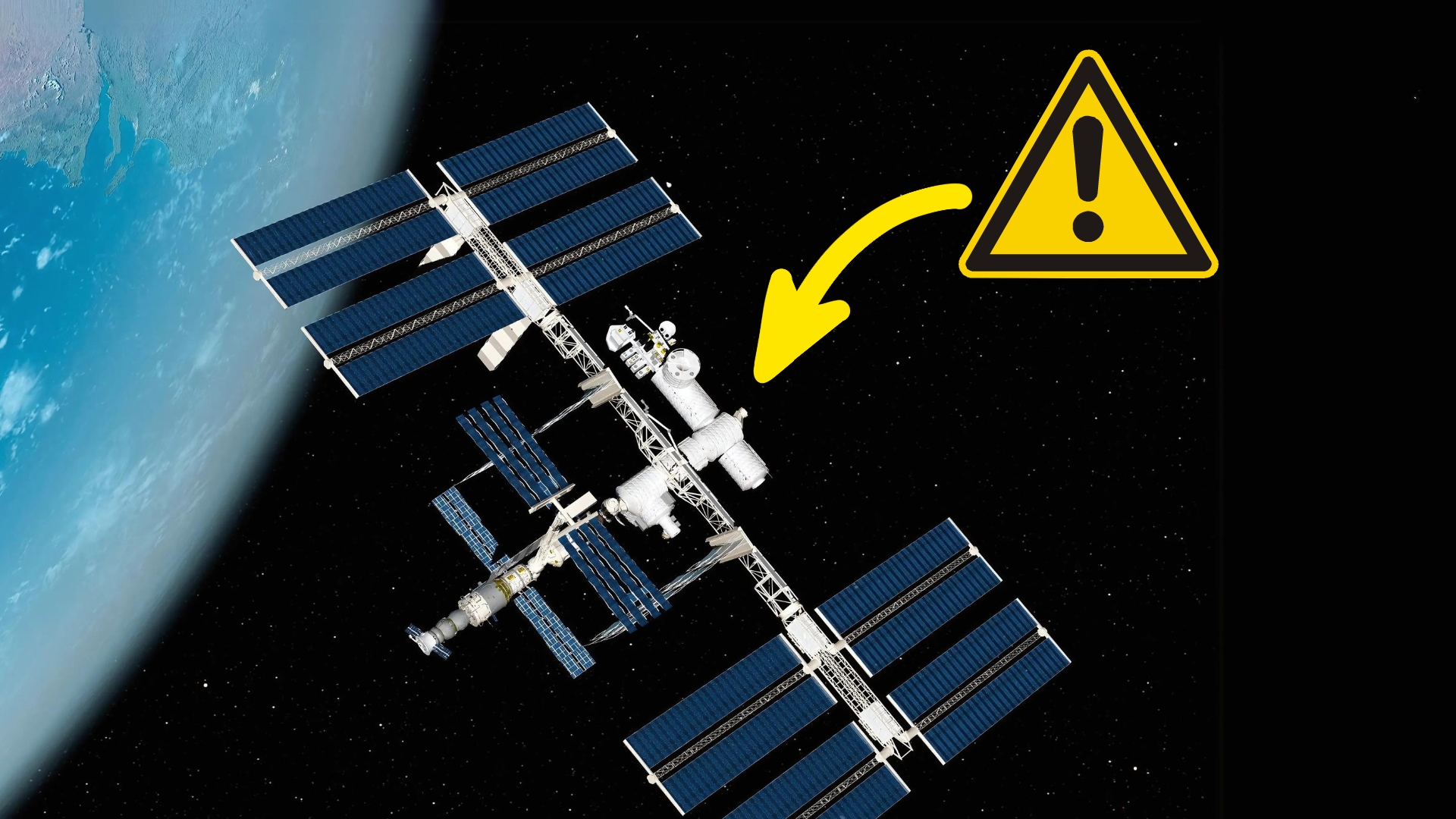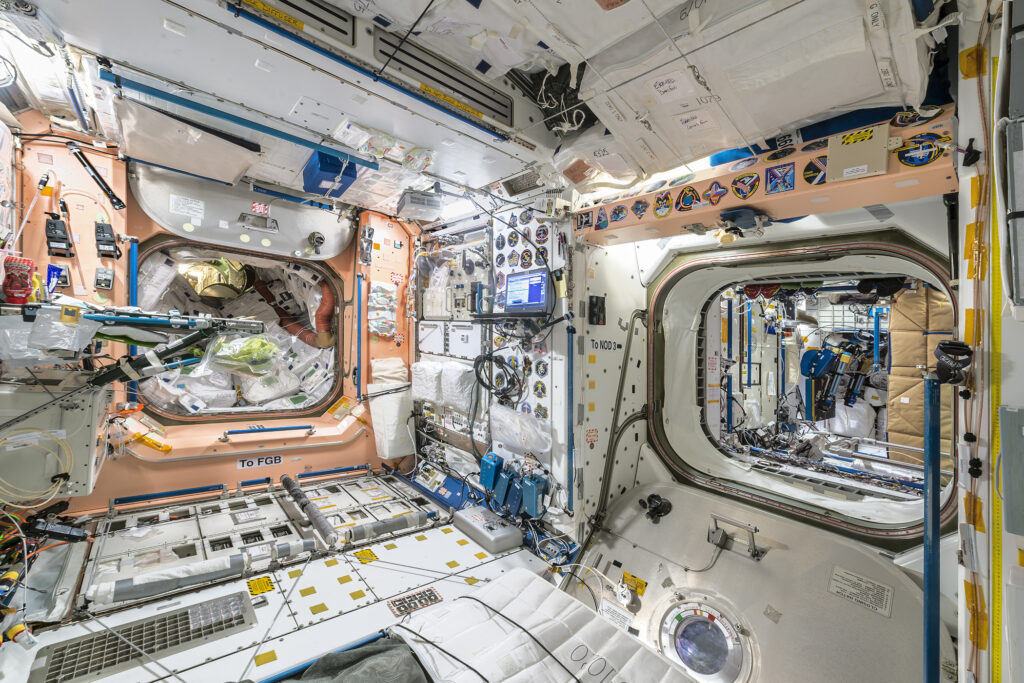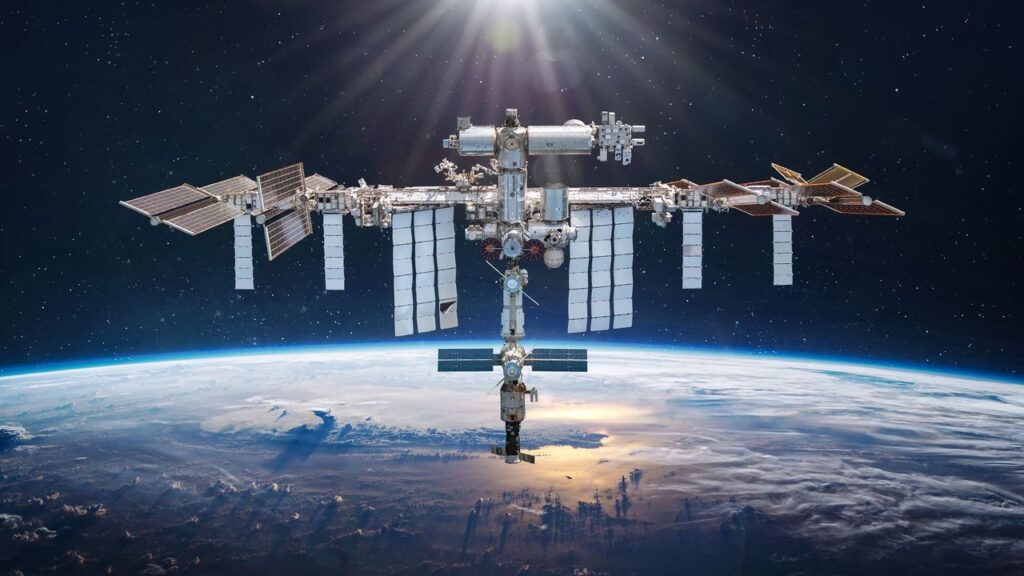The International Space Station (ISS) is facing a serious issue that’s been building up for some time and has now reached a critical point. Could this mean the ISS might retire sooner than expected?

The Human Quest for Knowledge
Humanity has always sought to understand the mysteries of the universe. Our greatest tool in this journey has been astronomical observation, and with the rise of technology, space exploration has taken the lead.
We’ve come far enough that our advancements allow us to look beyond our planet, our solar system, and even our galaxy. Thanks to these breakthroughs, we’ve launched missions to explore the vast unknown beyond our skies and study the secrets the universe holds.
The ISS: A Space Marvel
One of the most iconic space missions still in operation is the International Space Station (ISS)—a massive satellite home to astronauts conducting cutting-edge experiments around the clock. The ISS stands as a symbol of international cooperation, built with the help of agencies like NASA (USA), ESA (Europe), Roscosmos (Russia), JAXA (Japan), and CSA/ASC (Canada).
This unique piece of engineering and technology shelters astronauts from the extreme conditions of space. Launched in 1998, the ISS orbits the Earth at 408 kilometers above, zooming around at a speed of 7.66 km/s.
A Growing Problem
However, after years of service, the ISS is showing its age. Time, corrosion, and constant use have led to leaks, becoming a major headache for scientists. If not addressed soon, these issues could push forward the already planned retirement of the station.

NASA recently released a report revealing the situation is getting out of hand. Since June 2024, one of the Russian modules on the ISS has been experiencing significant leaks.
A Secret Problem
Although leaks have been an issue since 2019, NASA had kept the details under wraps due to confidentiality agreements. But the situation has worsened to a point where they can no longer remain silent.

Engineers have been working tirelessly to locate the source of the leaks in the Russian module but haven’t had any luck. In response, they’ve decided to close off the Zvezda module’s hatch—and if a fix can’t be found, it may be sealed permanently, reducing the number of functional modules on the ISS.
A Bleak Future?
This is a blow to what has been one of the most remarkable space collaborations for over 25 years. The ISS was originally scheduled to retire between 2028 and 2030, but with these new problems, the end might come much sooner.
Will the ISS continue to serve as a beacon of human achievement in space, or is its time running out faster than we thought?
